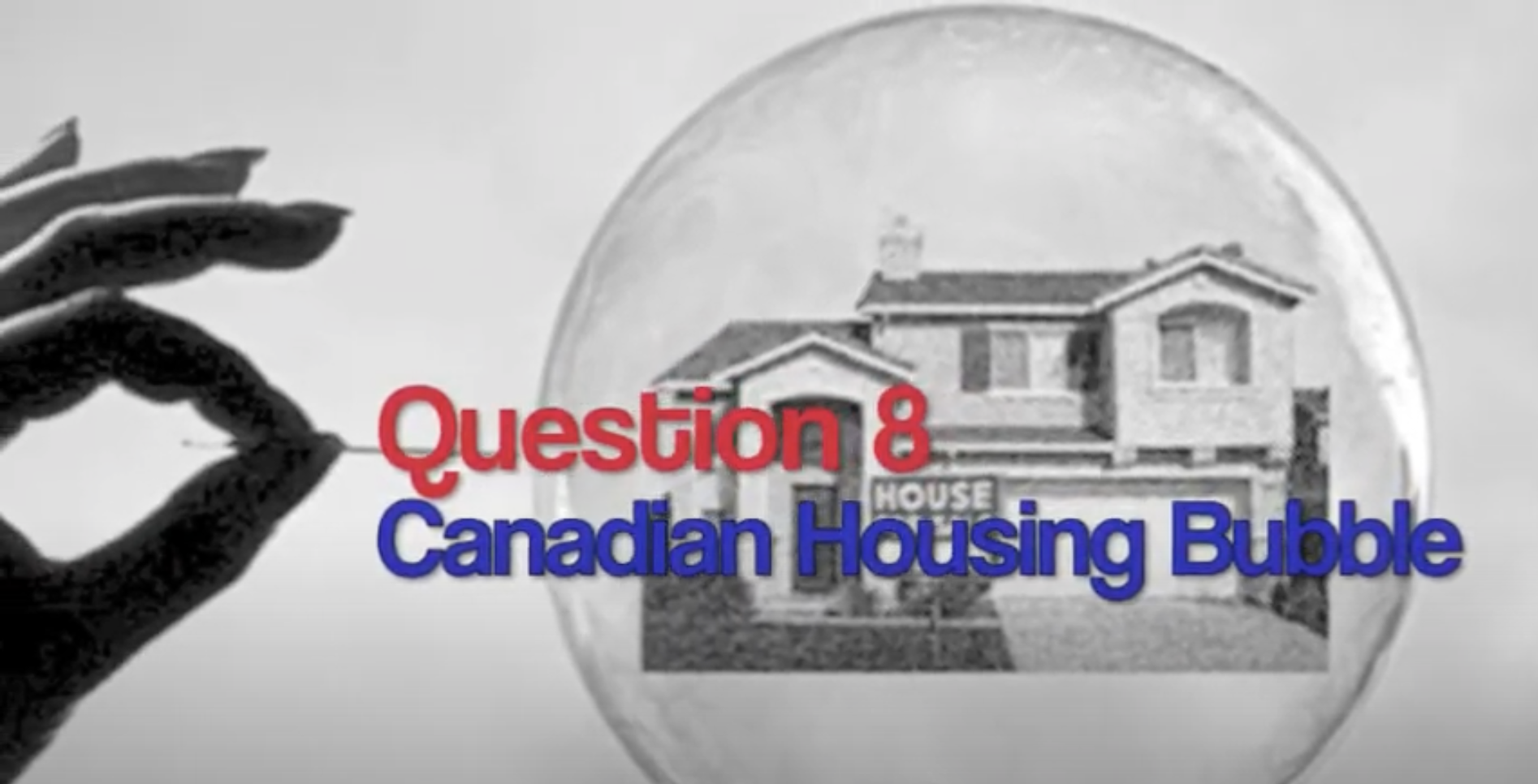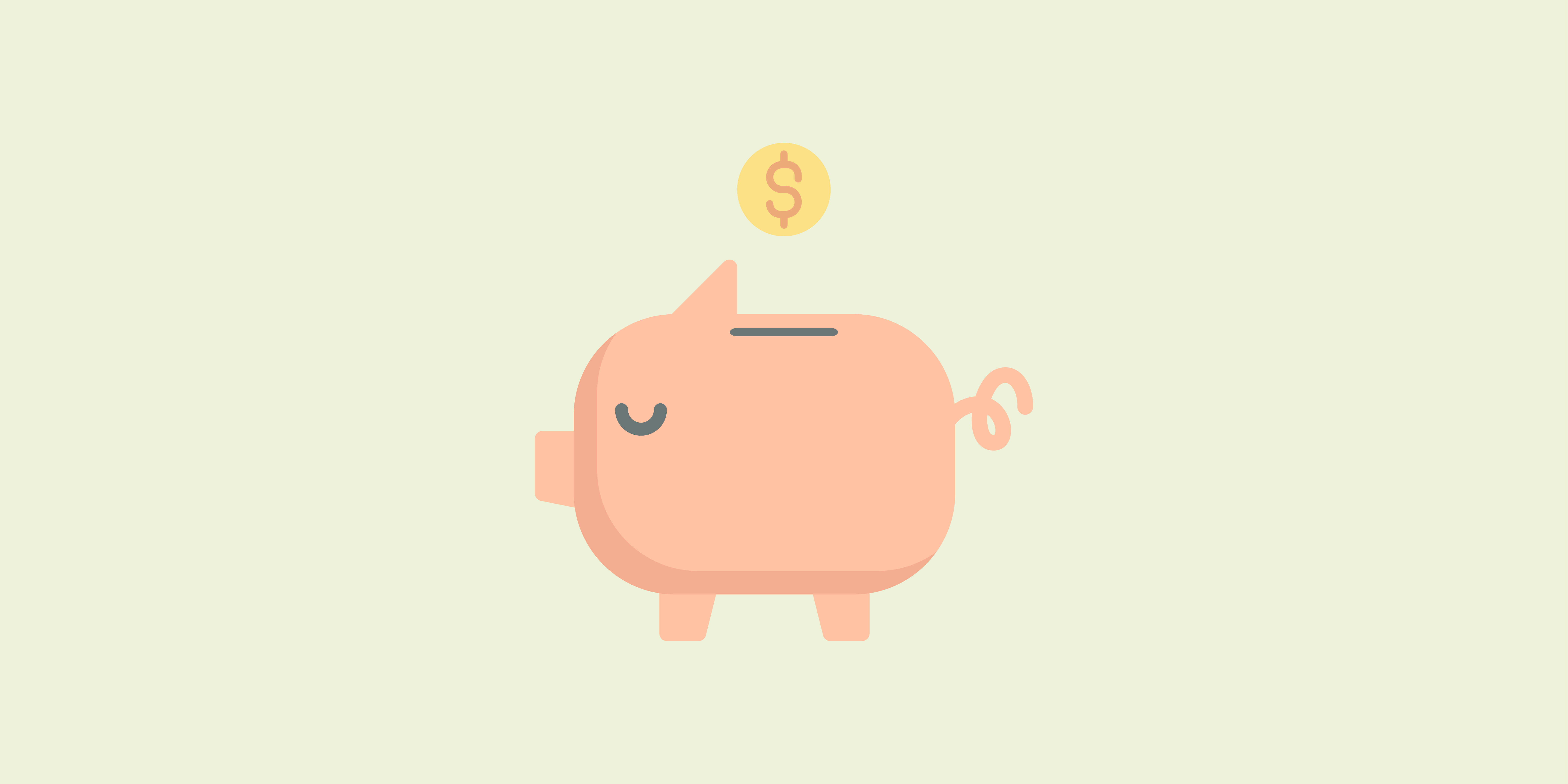Renting vs. buying: Weigh the monthly payments and the benefits of building equity before you decide what option is best for you.
The question of whether to buy a house is best answered by looking at the reasons for buying a house. There are two basic reasons for purchasing a house: 1) to provide shelter and accommodation and 2) as an investment, to provide an investment return through rental income and capital appreciation.
The question of shelter is easily answered. If you are looking to buy a house, you must first decide on the type of house you’d like to live in. Say you want to be in a certain neighbourhood because of the quality of life, the schools for your kids and the access to highways and rapid transit for commuting to work. You have a look around for a house for rent that meets your needs. If there isn’t one, it’s obvious that you have to buy a house to meet your shelter requirements. However, if you are reasonably flexible, you should be able to find a house for rent that is suitable. When deciding whether to rent or buy, you need to compare the rent on the house to the mortgage payment, taxes and maintenance costs that you would have if you bought that house or a similar one.
Crunching The Numbers – Buying or Renting
For example, let’s say that you’ve found your dream house on Easy Street in the beautiful Hills of Richmond and you can buy it for $245,000 or rent it for $1,700 per month.
With a down payment of $45,000, you’d have a mortgage of $200,000. At current rates of around 7%, the monthly mortgage payment would be approximately $1,200. Taxes would be about $1,800 per year, which works out to $150 per month. So the total monthly cost of buying would be $1,350 per month plus maintenance costs. Adding in a $250 monthly maintenance cost, the total monthly expenses would be $1,600 per month. If we wanted to be exact, we would recognize that the $45,000 down payment could be left in the bank and earn an interest rate of 5% in a GIC which would be $2,250 per year before tax and around $1,200 after tax, or around $130 per month. This would offset our rent, so our total rental cost would be $1,700 less $130 or $1,570 per month. Thus, the rental cost of $1,570 per month is pretty close to the total monthly cost of $1,600 of purchasing the house.
Once you look at the numbers, it seems the cost of buying a house is pretty close to the cost of renting. This is one reason that the housing market is booming in the summer of 1996. Mortgage interest rates are at their lowest levels in years and housing prices have not really started to recover from their 30% price decline between 1990 and 1996.
Investment Potential
This brings us to the second reason for buying a house, which is the investment potential. As in all things financial, cash flow is king. If an investor can buy a house and rent it out for more than his total costs, he will buy the house.
As we have seen, housing prices have combined with low mortgage rates to make the rent from a house fairly similar to the mortgage cost. If the investor charges a higher rent or takes a shorter mortgage term with a lower interest rate and lower payment, the house will almost “pay for itself”. This puts a significant floor under housing prices, and has helped to stabilize the market in the last year or two.
That’s a big change from the peak years of the housing market (1988 and 1989), when buying was far more expensive than renting. It was not uncommon for a house valued at $400,000 to be renting for only $2,000 per month. Mortgage rates were high, almost double the current level, so the rent should have been well above $4,000 per month to cover the mortgage.
Psychology of Home Buying
People were diving into the housing market and talking up their successes at cocktail parties. They seriously believed that if they did not buy a house, they would never be able to afford one. Whenever someone pointed out the great disparity between rental rates and mortgage carrying costs, the response was that housing was not like other things — it had a “special value”.
Financial experts were advising that buying a house, because of its tax-free capital gains, was the best thing for one’s financial health (they didn’t mention the possibly of a capital loss just before the 30% decline). Now housing prices are down considerably and some financial experts are suggesting renting because of “baby boomer demographics”. They paint a spectre of looming overhang of baby boomers wanting to sell their monster homes all at the same time (and retire from their earnings in the stock market!)
On a cash flow basis, buying has seldom been more attractive.
This shows that psychology has an important impact on housing values. When something is going up in price, market participants and experts find reasons why that should be the case; when something is falling in price, experts justify why that should be the case. Most times it pays to be a contrarian and go against the grain of market sentiment. Where were all these persuasive demographic statistics at the market peak in housing prices? The real support comes from, as with all investments, the cash flow characteristics.
So, Should You Buy A House?
If you need one for accommodation and find one that is reasonably priced , it is probably not a bad time. As in all things financial, you should get a variety of opinions. Talk to your banker, your real estate agent and anyone else who can shed light on the subject. Good Luck!








